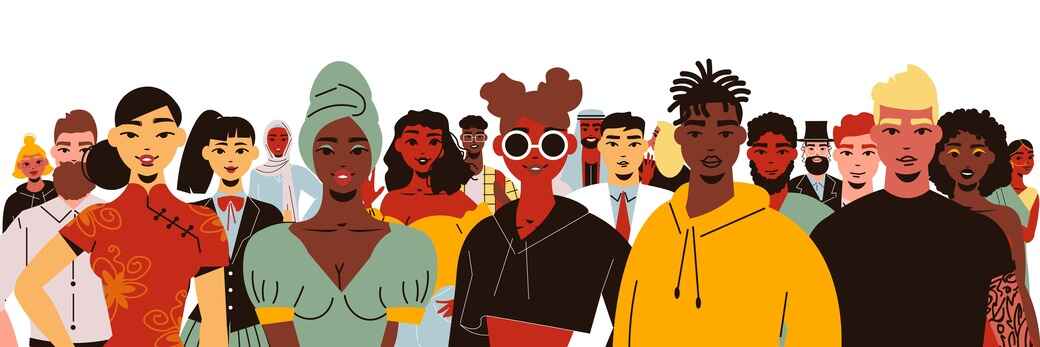No one wants to adopt a style and make others uncomfortable. At the same time, a lot of what's high-fashion right now started in the black community.
If you lay your edges, you're sure to know where that started, but what about long and decorated manicured nails? How about brownie gloss, when you line your lips in brown liner and use a clear gloss? And then there are braids. Which braids are not culturally appropriate?
Where Braids Originated
When asking, "Where braids originated?", well, they didn't originate with black people – not regular braids.
Braids are a part of almost every culture, European, African and Asian included. But braids can cross the line of appropriation when they're particularly African, like corn rows, box braids, crochet braids and the like. When these are worn on a model or celebrity who's not of African descent, it's cultural appropriation.
And to be honest, it's also appropriation for a person of African descent to wear long, blond hair extensions.
There really isn't a difference between the acts. What causes an uproar is when styles are taken from the black community with consistency to the point that no one knows where the styles originated and the original wearers don't get credit for the hype.
Cultural Appropriation: Braids and Wigs
What is Cultural Appropriation?
Cultural appropriation is the act of taking aspects of a culture that is not one's own, often without permission or understanding of its significance.
In the context of braids, cultural appropriation involves the adoption of braided hairstyles from cultures that are not one's own, often without respect for their cultural significance.
Examples of cultural appropriation of braids can be found in popular culture and media, where non-Black individuals often appropriate braids and wear them as a fashion statement, without acknowledging the cultural history and meaning behind the style.
This can have a significant impact on marginalized communities, who have often faced discrimination and marginalization for their cultural practices. Cultural appropriation of braids can lead to the erasure of cultural significance and can perpetuate harmful stereotypes and cultural appropriation is an issue that should be approached with cultural sensitivity and respect.
Which braids are not culturally appropriate?
But back to hair. Braids that are not culturally appropriate for other races to use are cornrows and box braids, at least if you don't want to make others uncomfortable. Cornrows originated in Africa and are still worn by those of African descent.
Other cultures have worn braids historically, but they use fat Dutch or French braids, but not intricate patterns. It's also typical for Indians, Turks and other Asians and Europeans to wear thick, long braids, one or two, and to have smaller ones that decorate the head and hair.
These are general looks that are common to most cultures. Wearing cornrows or box braids is cultural appropriation.
Why Is There No Problem with Blond Weaves Wigs?
Everyone knows where long, blond hair originated. There's no problem there. Every time a black girl does it, it's upholding a European look. That's fine because no one forgets where the style comes from -- except maybe willfully.
The challenge comes when people willfully forget that cornrows, brownie gloss, decorated nails and laid edges are looks that have been standard for people of African descent for a very long time. No one says, I got this look from this girl here. And no one asks. It's not obvious, and eventually it's forgotten.
The same goes for AAVA, our twists and turns of language that are adopted by the wider culture. The same goes for our clothing styles that are taken as well. All of this is cultural appropriation because it came from somewhere, from some culture, but the source is now obscure.
Braids for Black Women
There are so many braids for black women, and most are lovely and intricate.
Some of these styles are worn by little girls, but these days, intricate styles are worn by black women, too, particularly as updos.
If you're looking for a braid artist in your area, make sure you relate to them clearly what you want. You can mention the name of a style, which celebrity is wearing it and bring a picture, so that there's no ambiguity. Here are the names of some styles you can google for a picture:
- Box braids with a braided bun, similar to Michelle Obama
- Cornrows with Bantu knots
- Lemonade braids like Beyonce
- Cornrow updo in a twisted bun like Janet Jackson
- Tribal cornrows like Rihanna
- Fulani braids
- Curly cornrows
- Crochet braids
- Triangle box braids
- Micro braids
The list goes on, but these are some of the most popular. Wear them, because the more they are seen on women of African descent, the less likely it is that they will be appropriated. Maybe.
Perpetuating Stereotypes
The "Copy/Paste Latina" makeup trend has sparked significant debate over cultural representation and identity. While some view it as a fun form of self-expression, critics argue it reinforces harmful stereotypes by reducing the rich diversity of Latina beauty to a singular glam aesthetic. Discussions highlight issues of cultural appropriation, particularly when non-Latinas adopt the look without understanding its cultural significance. This trend underscores broader conversations about individuality and the need for more authentic representations in beauty standards. For more insights, read the full article here.

